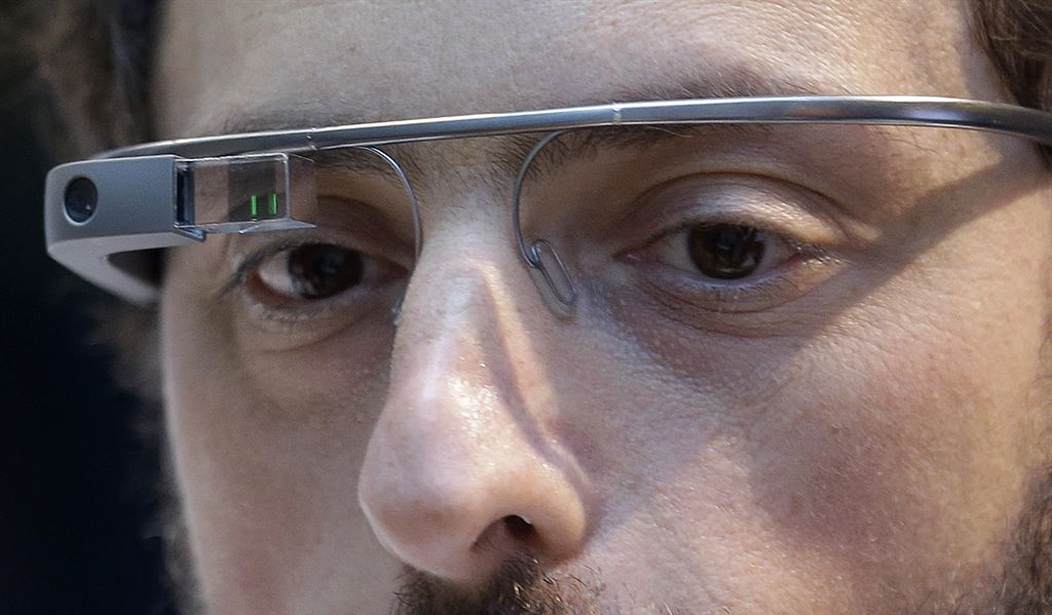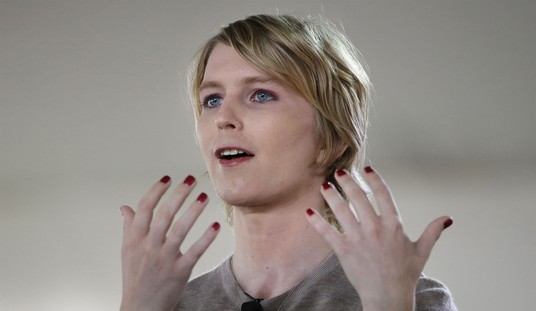The U.S. Justice Department is "considering" breaking up Google parent Alphabet as the remedy to the company's dominance, according to various reports on Wednesday. The company was found in a court ruling last week to be in violation of antitrust law with its illegal monopoly in internet search.
But don't get too excited.
Investopedia reported Wednesday that "breaking up Google would be 'a stretch,'" according to Wedbush analysts they spoke to, and that the case "could potentially be tied up in the court system for years" before a final decision is reached. Google will also appeal, of course. The closest thing we have to a benchmark for the breakup of a major tech company is AT&T. That one took ten years from Justice's 1974 suit to the dissolution of the Bell System into the "Baby Bells" in 1984.
Honestly, I'm not sure that a breakup is the remedy for Google's search monopoly. But I'm damn sure that Google needs to be broken up for even better reasons.
Before I get to that, please understand that I hate Google. I hate their business model, and I hate the way they've abused their position in myriad ways. Mostly I hate a massive corporation that has tried repeatedly to put much smaller companies — not even competitors! — out of business. I'm talking about my employer, PJ Media.
My personal experiences aside, the reason to break up Google is simple: there's no consumer veto possible against the company's practices or abuses.
It's been five years since I first shared the story of Gizmodo’s Kashmir Hill, who went to almost superhuman lengths to divorce herself completely from Google. Hill didn’t just stop using Google Search, YouTube, Gmail, Waze, etc.; she got “the help of a Motorola engineer who designed a custom VPN (virtual private network) that restricted all of her devices — laptops, phones, smart speakers, everything — from talking to Google servers.”
That last part is vital because Google's tracking abilities are baked into so many services without consumers ever being aware of it.
With that custom VPN keeping Google completely off Hill's back, all was well, right?
RIGHT?
Wrong. Denying Google's ability to track her and profit from her pretty much broke Hill's ability to use the internet.
Here's what happens when your smartphone, laptop, and tablet are denied access to Google’s 8,699,648 (!!!) IP addresses:
1. When trying to get across town for a meeting, Hill discovered that her Uber and Lyft apps were essentially useless. That’s because they rely on Google Maps.
2. Hill was unable to stream her favorite on songs on Spotify. Yep. Spotify hosts all its music on the Google Cloud.
3. Attempting to simply browse the web created flashbacks of the internet in the '90s. “On Airbnb, photos won’t load,” Hill says. “New York Times articles won’t appear until the site has tried (and failed) to load Google Analytics, Google Pay, Google News, Google ads, and a Doubleclick tracker.” Many of the sites she visited were also dependent on Google Fonts. . .
4. When trying to share video journals to her colleagues at Gizmodo, Dropbox refused to let her log in because the service uses an invisible CAPTCHA — hosted by Google — to verify that real humans are trying to access it.
(Those CAPTCHA puzzles don't verify whether users are human. They're a surreptitious way to train artificial intelligence to recognize objects in photographs without paying the trainers. That'd be you and me, bub.)
So your choice as a consumer is to either serve as a profit center for Google or not be able to use the internet.
That's no choice at all, of course, and that's why I believe the Justice Department has no choice but to break Google up.
Recommended: NASA Delays Starliner Decision AGAIN
PJ Media created our VIP membership program as our effort to undermine Google's dominance over what you're allowed to read, hear, and know. Please consider becoming a supporter during our 50% off SAVEAMERICA promotion and gain access to tons of exclusive content, including the twice-weekly "Five O'Clock Somewhere" video live chat with Stephen Kruiser and Yours Truly.










Join the conversation as a VIP Member